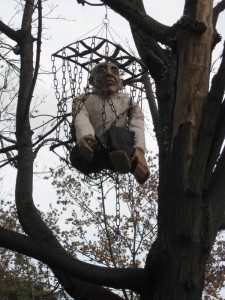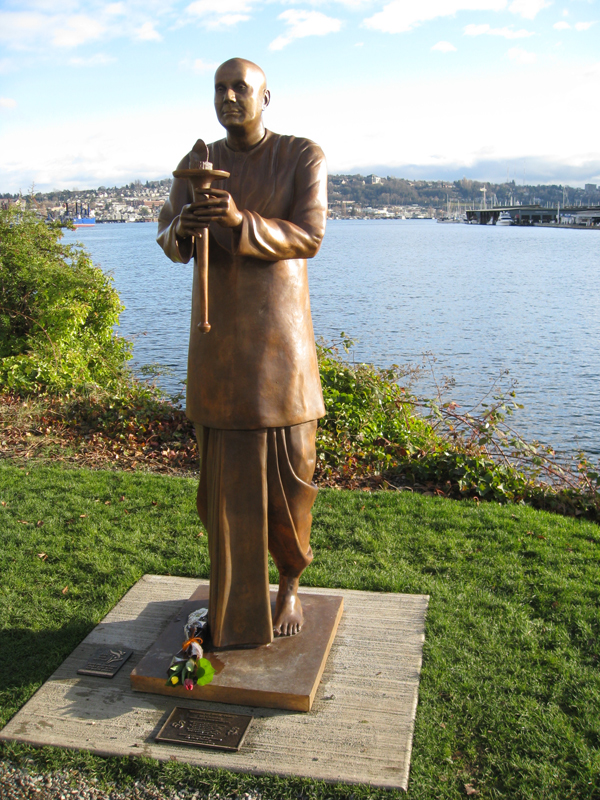
What does your front lawn say about you?
Stay out, or come on in?
In the Big Picture, the National Mall serves as our national red carpet, our welcome mat to the world.
It’s where we gather as a nation to air our grievances and grieve for our errors; where we celebrate our victories and honor our heroes. It’s where we mingle with our countrymen and reweave the fabric of our society. No matter how frayed or stained it may get in the heated battles that come with free speech and the rule of law, at the end of the day, we all value the concepts which launched this bold young nation.
Sometimes we lose sight of those original lofty dreams – the speeches fade from memory. Sometimes we need to be reminded of how we came together and why we’re stronger together than we could hope to be apart. Most of us came here to get away from something – religious persecution, harsh political regimes, unfair social systems, stagnant economies. Some of us were here before the newbies arrived in the 1600s. Others were brought here against their will, but fought to gain the freedoms we all hold dear.
Sometimes we forget that this was, and still is, the land of opportunity.
And that’s where the National Mall comes in.

Each year more than 25 million visitors pass through the National Mall to gaze at the exhibits and treasures inside the museums which flank the majestic sweep of space surrounding the Capitol and the adjacent memorials. The National Parks Service, which oversees the maintenance and development of the roughly 1,000 acre public site, is currently working toward another revision of the National Mall’s design.
Although some may resist change, the dynamic nature of the National Mall reflects the dynamic nature of our country. We’ve changed a bit since 1776. And the National Mall is a great place to get a sense of how far we’ve come, and how much we’re still learning.
Unlike shopping malls, which leave me with a feeling of being buried alive – like being trapped in an elevator with a food court – I love the National Mall. Even when it’s mobbed with tourists. I like to see enthusiasm for education, and that’s really what the National Mall is all about. No matter what you’re interested in – history, science, art, human nature, music, or simply fun – the Mall has something for you.

For me, the difficulty is in choosing which place to visit. But in the spring time, when the clouds skitter above the Washington Monument and the merry-go-round is filled with laughing children, I like to stroll through the 180 acres of gardens which soften the edges of all the impressive architecture.
This year the American Horticultural Society will honor the Smithsonian’s garden staff in June with the 2012 Urban Beautification Award. Everywhere you look on the Mall you can see reasons why they deserve it.

Next time you visit D.C., take a break from the wonders inside, and enjoy the gardens that belong to all of us. Sure, our tax dollars pay for all of it, but when you spread it all out it’s pennies a day from each of us. And we don’t have to do the weeding.

And that’s a better deal than you can find in any other mall.







